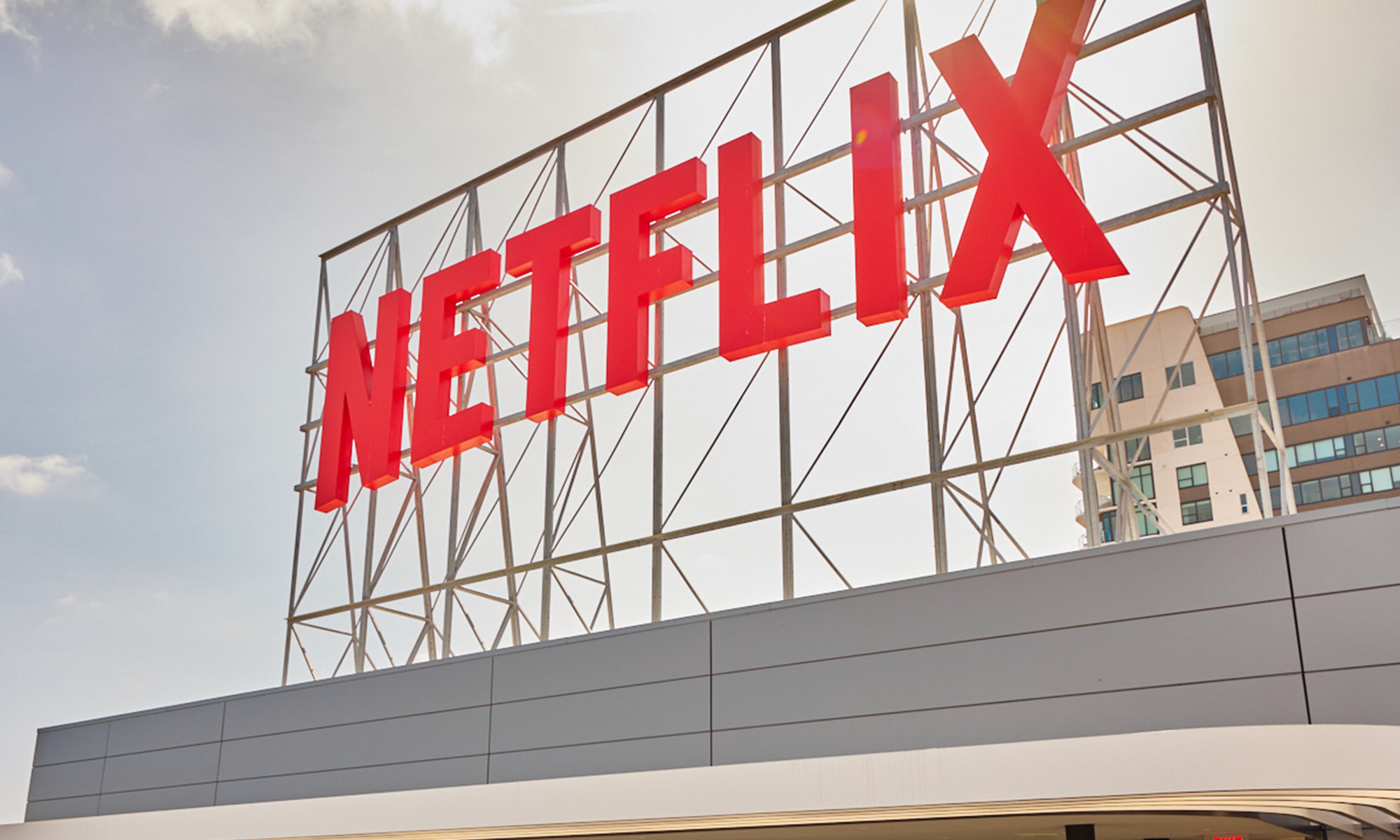Check out the latest Netflix earnings call transcript.
Netflix's (NFLX +0.28%) long-term debt is now over $10 billion, after adding $4 billion in debt throughout 2018. The company has long justified its growing debt load by pointing to its debt-to-market-cap ratio, which is arguably flawed way to measure it. Investors should keep an eye on whether or not Netflix changes its tune regarding debt under the new CFO.
In this segment from Industry Focus: Tech, host Dylan Lewis and Fool.com contributor Evan Niu discuss the streaming pioneer's financial strategy.
A full transcript follows the video.
This video was recorded on Jan. 18, 2019.
Dylan Lewis: Going back to their report for a minute, one of the things that we've watched with this company over time is, what does the debt load look like? I know that management has a slightly different philosophy about debt than maybe some of the other companies that a lot of people follow. It looks like we're going to see more debt coming onto this company's books. We've certainly seen it in the most recent quarter, and there's no sign of that slowing down.
Evan Niu: Exactly. They've been adding so much debt in recent years. At this point, it's over $10 billion. They added $4 billion in 2018 alone. That's really hurting some of these other numbers. For example, they expect free cash flow in 2019 to be comparable to 2018, which is to say negative $3 billion, which is not a great number to forecast. But, again, it's this long-term investment in the content business.
Another interesting thing that happened is they also named a new CFO earlier this month, the beginning of January, Spencer Neumann. They hired him way from Activision Blizzard. Their outgoing CFO has been CFO since 2010, it's almost 10 years that he's been leading their finances. Under David Wells, they justified this growing debt load by pointing to their debt-to-market-cap ratio, which I've always thought was a really misguided way to look at it. Market cap is just what the market's doing at any given time, whereas your debt is very much a tangible number on your balance sheet that you're paying interest expenses on. So, tying the debt to the market cap issue as a way to justify this endless amount of debt, I've always thought, was a wrong approach. So, one thing I'm interested to see going forward is if this new CFO changes that strategy or changes that rationale at all.
Lewis: I'm reminded a bit of that famous quote, "The market can remain irrational far longer than you can remain solvent." I think the reason why most people tend to focus on looking at debt relative to cash, maybe a net debt position or net cash position, is because if you're focusing on market cap or share price, that can fluctuate pretty wildly. Having the cash is the easiest indicator of whether you're going to be able to pay off the debt that you're facing.
Niu: Right. If you're using this debt-to-market-cap ratio to justify it, what happens when your market cap drops by 25% over the course of a few months? And Netflix does that all the time because it's so volatile. Then, all of a sudden, your rationale is shot. And at that point, what do you do? And in the letter, they mentioned, "We do continue raising debt capital as long as the marginal after-tax cost of debt is lower than the marginal cost of equity." But, again, I think it's kind of a strange approach. They could easily just sell more stock and secondary offerings. It might have a higher cost of equity, but it doesn't have interest expense associated with it. Again, it's a little too early to know if he's going to change how they approach their capital allocation strategy. But that would be something to keep an eye on.
Lewis: That minor beef aside, I think looking at the results, where this company is going, I know that the market reaction was pretty light to this. They might have even been down a little bit on these results. I look at this and I see everything that I want to see from this company. They might have missed a little bit on the top line, but everything else is going in the right direction. You want to be adding subscribers, especially knowing that they continue to have a willingness to pay more than what the company is charging. I look at this report and I'm pretty happy.
Niu: I agree. Overall, I'm an investor, I've been a long-term investor. I think the record subscriber numbers, record forecasts on subscriber numbers, those are very encouraging to me, even though I might disagree with some of their debt strategy. But overall, I thought it was a very strong report. A lot of analysts are still bullish. A lot of price target increases today right after the results.






